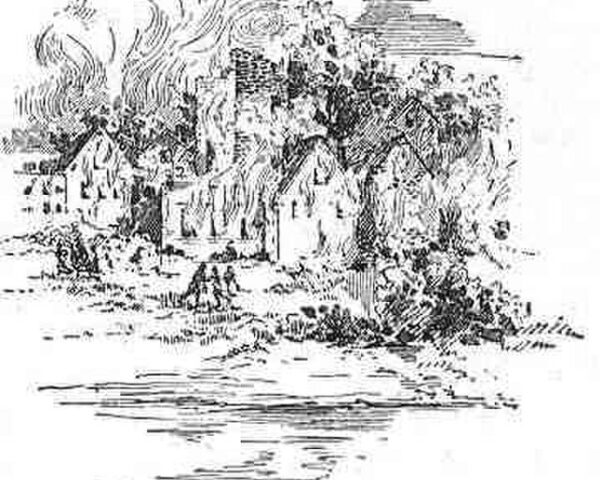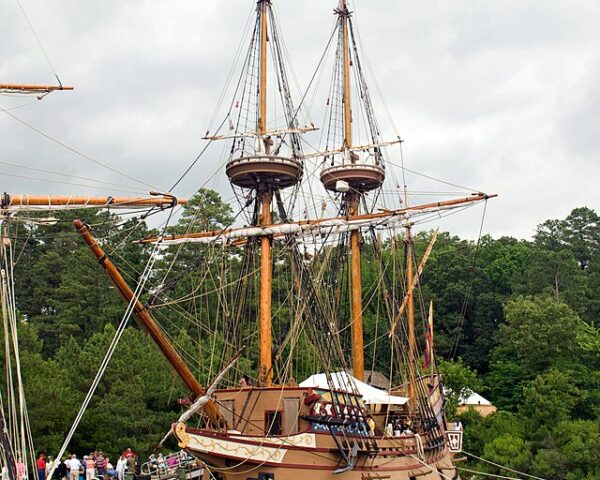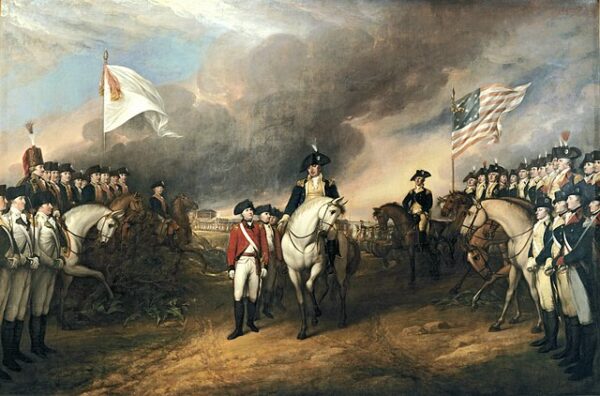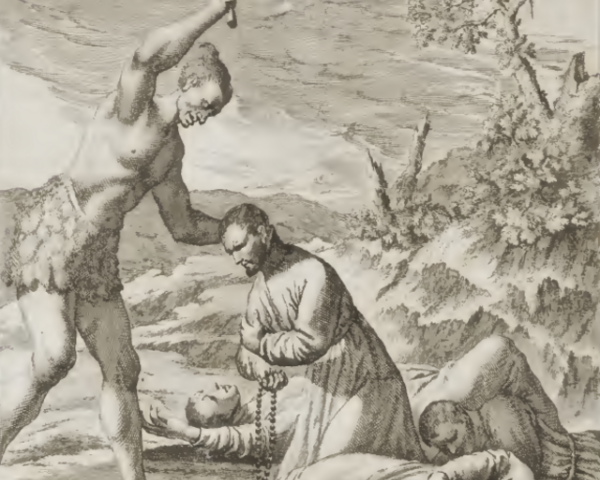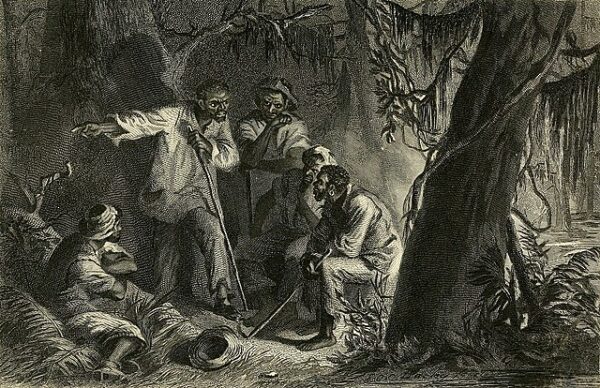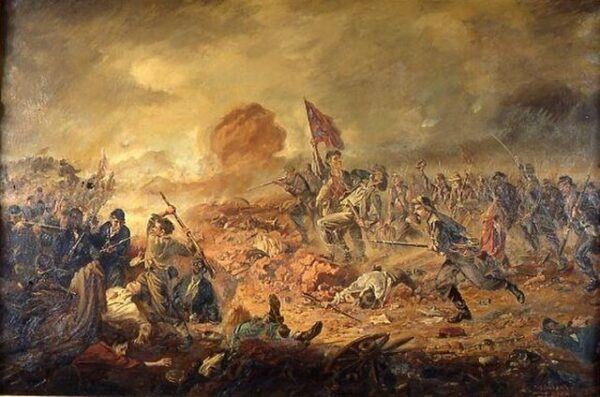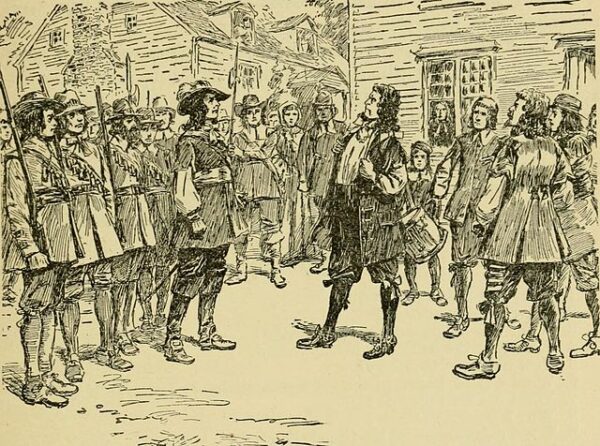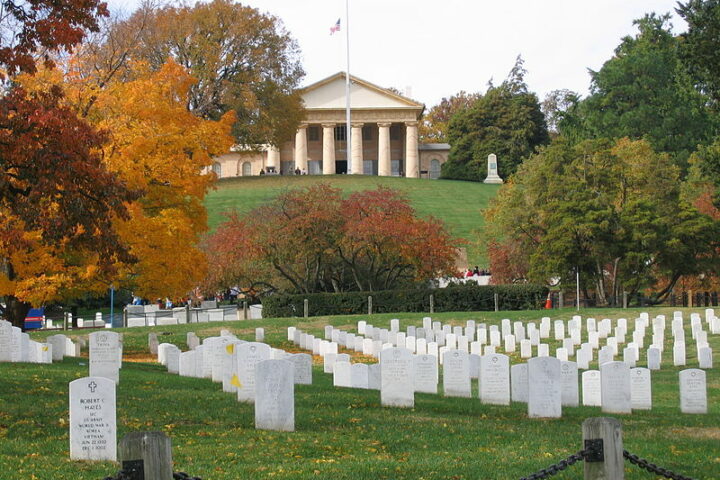On January 7, 1608, a catastrophic fire tore through Jamestown, Virginia, the first permanent English settlement in North America. Occurring during an unforgiving winter, the blaze dealt a severe blow to an already struggling colony. Established in 1607 by the Virginia Company of London,…
Read MoreOn December 19, 1606, three small ships slipped their moorings in England and headed west into the Atlantic, carrying with them an experiment whose consequences would reshape world history. The Susan Constant, the Godspeed, and the Discovery departed under the authority of the Virginia…
Read MoreLord Dunmore’s bold proclamation in 1775 threw the American colonies into turmoil, forcing them to confront the deep contradictions between their ideals of freedom and their reliance on slavery. John Murray, better known as Lord Dunmore and the last Royal Governor of Virginia, issued…
Read MoreThe Beltway sniper attacks, a terrifying and highly publicized crime spree, began on October 2, 2002, in the Washington, D.C., metropolitan area. Over the course of three weeks, the sniper duo of John Allen Muhammad and his teenage accomplice, Lee Boyd Malvo, conducted a…
Read MoreThe Ajacán Mission, also known as the Spanish Jesuit Mission of Ajacán, represents a tragic and often overlooked chapter in the history of early European attempts to establish a Christian foothold in what is now the United States. The mission was founded in 1570…
Read MoreOn September 6, 1620, one of the most famous ships ever carried 40 “Saints” ready to start a new life of freedom in the New World of America. Departing from Plymouth, England, the Mayflower, along with its leaky companion The Speedwell, set sail for America. The Mayflower was a…
Read MoreThe following is an adapted excerpt from The Slaveholding Crisis: Fear of Insurrection and the Coming of the Civil War, used with the author’s permission. On August 30, 1800, a storm likely changed the course of the United States forever when an enslaved blacksmith named…
Read MoreOn the morning of July 30, 1864, Union forces launched a bold yet catastrophically mishandled attempt to break the Confederate lines outside Petersburg, Virginia—an effort that would become known as the Battle of the Crater. As part of the larger Petersburg Campaign, the battle…
Read MoreIn the summer of 1676, Virginia’s tidewater region simmered with discontent. Economic hardship, political grievances, and ongoing frontier conflicts converged to ignite one of the most significant uprisings in colonial American history: Bacon’s Rebellion. The colony of Virginia in the 17th century was a…
Read MoreArlington National Cemetery, one of the most hallowed grounds in the United States, has a rich history intertwined with the nation’s Civil War and its aftermath. Its creation was driven by both practical needs and symbolic gestures, transforming a site of personal significance into…
Read More

